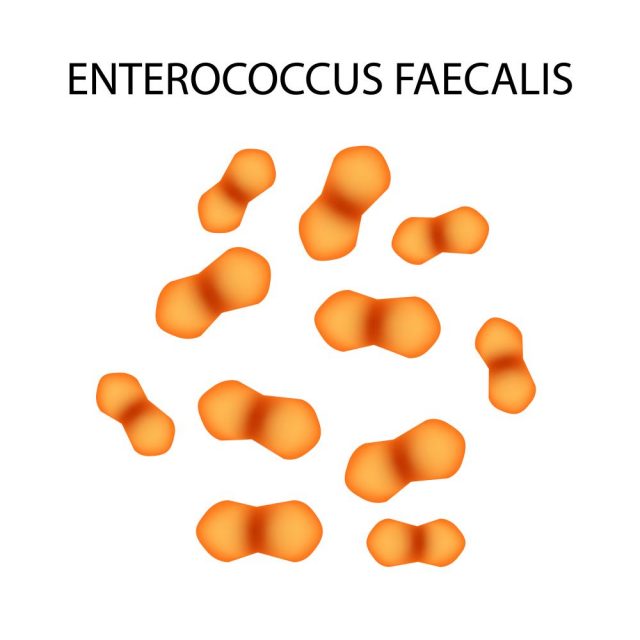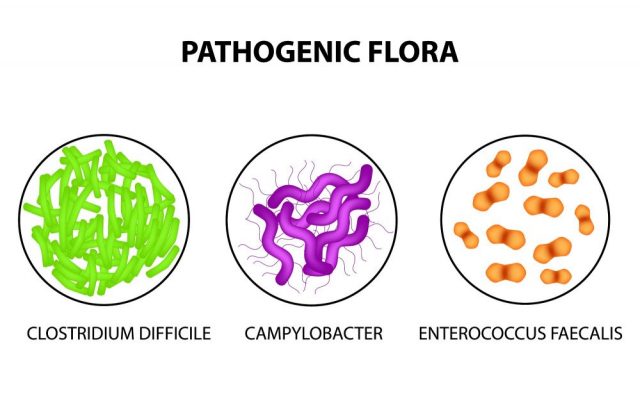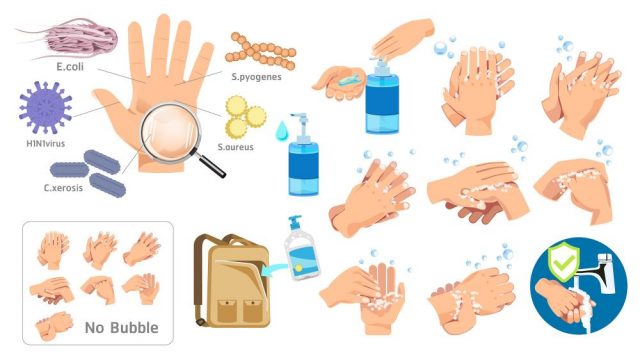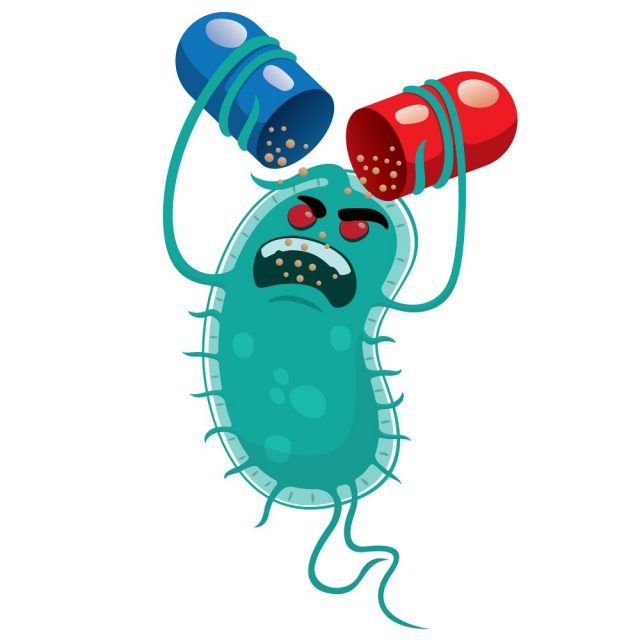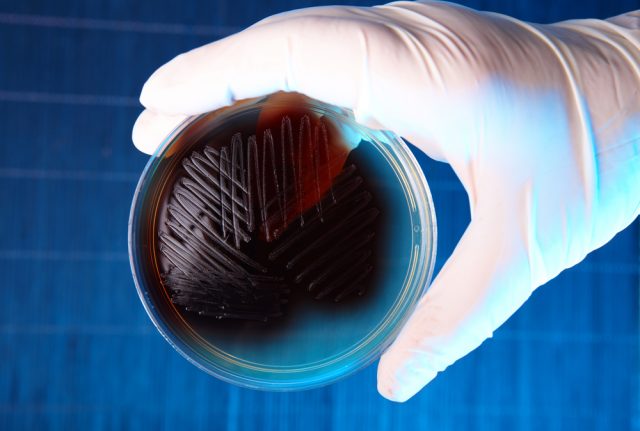Enterococcus Faecalis Infection
Introduction
Enterococcus is a bacteria that is commonly found in the bowel and gut. In some rare instances, the bacteria can also be present in the vaginal tract and mouth.
For people with general good health, the bacterium will usually not cause any problems, as it is a naturally occurring bacteria and lives in the gut and bowel in normal amounts. However, should the amount of bacteria increase or spread to other areas of the body, it can cause infections that can sometimes be life-threatening. People with a low immune system, hidden health conditions, and people often in or staying in a hospital for long periods are at a higher risk of contracting an infection.
There are a variety of Enterococcus species inside the human body, but only two are common: Enterococcus faecium (E.faeium) and Enterococcus faecalis (E.faecalis). This article is focused on E.faeclis infections, treatment options,and its transmission.
Enterococcus faecalis – what is it?
E.faecalis was known as Streptococcus faecalis until 1984, as it was previously categorized by scientists as a bacteria that forms part of the Streptococcus genus. Regarding human infection rates, the Centers for Disease Control and Prevention (CDC), believes that E.faecalis is accountable for up to 80% of infection cases.
The E.faecalis bacteria will cause an infection when it enters blood, urine or wounds. People with low immune systems are at higher risk than others.
The following cases are prone to infection, such as people who:
- Are undergoing treatment for cancer
- Is an organ transplant recipient
- Underwent root canal surgery
- Have a weak or low immune system because of surgery or disease
- Are undergoing dialysis treatment
- Have HIV or AIDS
People who are often in a hospital or who stay in hospitals for long periods of time are also at high risk as hospital patients often have low or weak immunity. Hospital instruments such as urinary catheter devices and intravascular devices often harbor the E.faecalis bacteria and help to spread the infection in a hospital. An E.faecalis infectionis one of the main top three infections that you can acquire in a hospital.
Typical infections
E.faecalis is known to cause a urinary tract infection when passing urine is painful. There are a number of infections in humans caused by E.faecalis, and can sometimes be life-threatening.
The E.faealis bacteria is known to cause infections such as:
- Pelvic and abdominal infections
- Infections in the mouth especially after root canal surgery
- Infections in open wounds
- A lesser known form of meningitis called enterococcal meningitis
- Infections in the blood called bacteremia
- Urinary tract infections
- Blood poisoning called septicemia
- An infection in the lining of the heart called endocarditis.
The symptoms of an E.faecalis infection
The known symptoms of an E.faecalis infection depends largely on the location and type of infection you have. The known symptoms include:
- High fever
- Fatigue
- Abdominal pain
- Nausea
- Diarrhea
- Difficulty breathing and chest pains
- Bleeding, tender, red and swollen gums
- Chills and sweats
- Severe headaches
- The painful passing of urine, often with a burning sensation
- Vomiting
- Shortness of breath or rapid breathing
- A stiff and sore neck.
Treatment and antibiotic resistant strains
Recently, there has been an increase in cases of drug-resistant E.faecalis infections. Many of today’s antibiotics available have no effect in treating the infections. This is due mostly to the fact that the E.faecalis bacteria is both an acquired infection and occurs naturally in the body.
Also, the E.faecalis bacteria can tolerate and thrive in various conditions. It can live in various temperatures and acidic levels, as well as alkaline situations.
Antibiotic-resistant bacteria occurs more often these days due to:
- Nutritional needs: the E.faecalis bacteria can feed off the serum present in the blood and can live for long periods without any nutrition from other sources.
- Absorption of folic acid: All bacteria strains need folic acid to grown, and most make their own as they are unable to absorb it from the environment. Medications such as antibiotics disrupt the production of folic acid and can get rid of infections caused by bacteria. However, E.faecalis absorbs folic acid from any environment, meaning medication have no effect on the bacteria.
- Formation of biofilm: E.faecalis binds together to form a strong, thin layer of biofilm that adheres to any surface.
- Penicillin-binding proteins (PBPs): The PBPs allow for E.faecalis to naturally resist penicillin. Penicillin stops the bacteria activity but does not destroy the infection.
Transmission of the bacteria
Poor hygiene is the most common form of transmission of Enterococci.
E.faecalis is naturally in the body and is present in fecal matter. Incorrect or improper cleaning methods of items encompassing fecal matter, and not washing your hands after toilet visits, can open you to the risk of transmission. Even everyday items contain E.faecalis such as towels, soaps, doorknobs, and telephones.
E.faecalis also spreads quickly in a hospital is proper cleaning protocols are not adhered to. If hospital devices and equipment are not properly cleaned, the bacteria can be transmitted from patient to patient through the devices and equipment.
Methods of preventing infection
In a hospital and your home, constantly practicing good hygiene will prevent the spread of E.faecalis infection.
Further prevention methods include:
- Ensuring your hands are clean before drinking or eating.
- Medical professionals must ensure that their hands a cleaned between patients.
- Do not sit on patients beds when visiting them in a hospital.
- Thorough and regular cleaning of restroom facilities and toilets.
- Regular and frequent hand cleaning of visitors, staff, and patients in a hospital or medical facility.
- After restroom visiting, thoroughly wash and clean your hands, including the thumbs and fingertips.
- Medical staff should ensure that all catheters, dressings, and IV lines are thoroughly cleaned and disinfected.
- Do not use other peoples hygiene items of a personal nature, such as razors, towels, washcloths, and soaps.
- Do not use toilets or restrooms that are dirty or soiled.
- Disinfect and clean remote controls, telephones, doorknobs, and other common areas in your home and in a hospital.
Treatment options
Even though there is an increase in antibiotic-resistant strains of E.faecalis, antibiotics are still prescribed for uncomplicated infections. Different antibiotics will cure an infection, depending on the severity of the infection.
E.faecalis does pose a challenge to effective treatment due to its drug-resistant nature. Before a course of antibiotics can be prescribed, the doctor has to take a sample of the bacteria from the patient. The bacteria will be tested to determine the strain and susceptibility to the types of treatment available.
A common type of infection can be treated with an uncomplicated regime of antibiotics. For antibiotic-resistant strains, the preferred medication is ampicillin. More advanced infections such as meningitis, endocarditis, and sepsis are treated with a combination of a cell wall agent and antibiotics called aminoglycosides. The cell well agents are also antibiotics that inhibit the cell growth of the bacteria in the cell wall. Treatments can take up to several weeks.
The way forward for prevention and treatment
Enterococcal infections are more often found in people with low immunity or people that are already ill. Low immunities and sickness make it hard to decide if the bacterial infection is responsible for the ill health. In the future, people with the E.faecalis infection will be determined by their overall health and not the actual presence of the bacteria strains.
Studies have discovered that infections caused by antibiotic-resistant infection are more likely to die from the infection than people with strains that react to antibiotic treatments. Also, antibiotic-resistant infections result in people staying in a hospital for longer and are more open to contracting further infections.
Ultimately, good hygiene practices will ensure that you do not contract an E.faecalis infection. Ensure that you constantly and regularly adhere to good hygiene practices.


